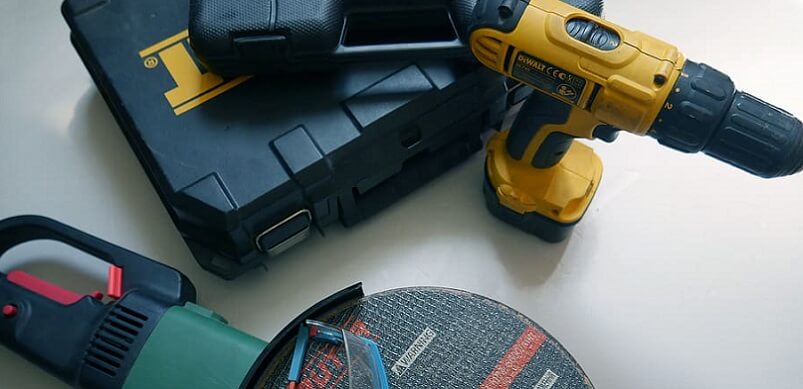
How Appliance Repairs Have Changed in the Past Decade
January 31, 2020 | Fix First | No comments
The way people repair an appliance has changed constantly since the first machines were put on the market. Instead of paying for professional repairs, people are now coming together at repair cafe events to fix their appliances themselves. So, what has sparked this change?
Since the 1950s, it has been suggested that planned obsolescence has been a key factor influencing if and how repairs are carried out. In other words, people believe that appliances are no longer built to last, with the norm becoming either calling out a repairman or replacing the item altogether.
However, with the planet’s sustainability being thrown into question ever more frequently in the past ten years and worries about waste pollution and natural resources growing ever more prominent, it is important that we look at how this has affected the manufacture and repair of appliances.
Electronics
The era of technology is well and truly upon us and appliances are no exception. Everything from your microwave to your fridge is getting ‘smarter’ and sold with features all looking to make life in the home easier, such as fully interactive screens and error codes for when something goes wrong. But what are the pros and cons of this when it comes to repairs?
Pro: Error codes act as self-diagnostic tools for the appliance, easily communicating to the user exactly what the fault is and removing any guesswork, giving them a better chance of fixing it.
Con: It seems that more technology means more complications, with users reporting that they are left confused about how exactly to use their appliances, never mind fixing them! In the case of some complex electronic repairs, there is no other choice but to call in the professionals, leaving the owner with a hefty bill.
Mentality
The trend for updating your gadgets regularly for ones that are newer and stocked full of fancier features has run rampant for most pieces of technology. This is amplified by the thought that these items mysteriously stop working a few years into use or start running far slower just as the newest version hits the market, which Apple has come under fire for.
However, many people were unhappy about this and after years of campaigning, a new repairability requirement was adopted on October 1st by the EU Commission which represents a turning point in the way we produce and use our products. As of 2021 all TVs, monitors, fridges, freezers, washing machines, washer-dryers, dishwashers and lighting products placed on the EU market will have to meet minimum repairability requirements aimed at extending their lifetime. Hooray!
Fix-It-Yourself Resources
The rise of the internet has changed the appliance repairs world in a big way too. A much wider range of spare parts is available to buy online now than would have been accessible in shops a decade ago. The appetite for DIY fixes in order to save both money and the environment has led to a massive increase in self-help tutorials for fixing appliances. These self-help resources come in several forms:
YouTube Tutorials: With the tremendously popular video viewing site going from strength to strength, several companies have made use of the platform to post instructional videos on just how to fix appliances (us included)! Viewers can access this information for free, carrying out the repairs alongside the videos.
How-To Guides: Similar to the Youtube tutorials, these written instructions take you through the repairs process step by step in a written format. Ours can be found in our Advice Centre if you’re interested in taking a look.
Repair Cafes and Fairs: These are events where individuals can come together and learn how to fix broken items. You can bring your faulty appliance in and have it repaired right in front of you! Here is a list of available cafes for you to check out yourself.
Overall, we are starting to see consumers shifting towards more sustainable living, with people’s desires to self-repair while saving the planet finally being heard. At eSpares, we are overjoyed that so many people share our mission and hope that our free advice will continue to aid and inspire.
If you are new to self-fixing and found yourself interested in any of the above resources or are already a hardened veteran of repairs, you might just qualify for the title of fixing fanatic! Why not check out our article and see if you meet the specs?
Tags: appliance repair, repair




